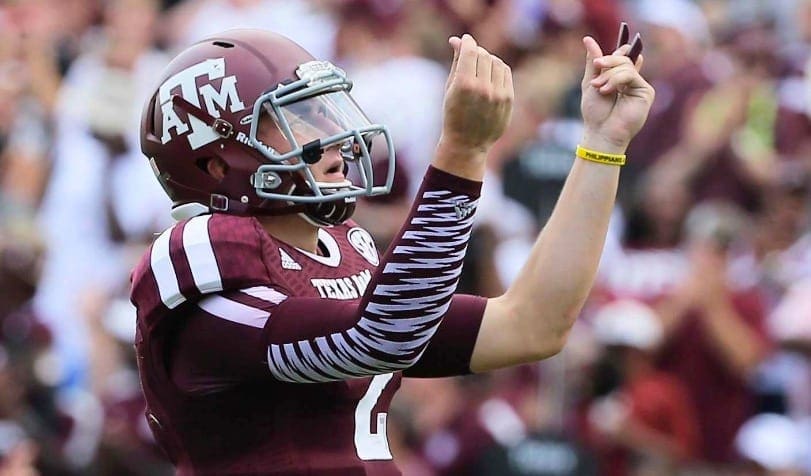The NCAA unanimously voted late in October to allow student-athletes to profit off of their name, image and likeness.
For years, college athletes have been put on display in video games, national television and at the center of attention in a large arena or stadium. However, not a dime has been awarded to them.
“We must embrace change to provide the best possible experience for college athletes,” Michael Drake, chair of the NCAA’s board of governors and president of the Ohio State University, said. “Additional flexibility in this area can and must continue to support college sports as a part of higher education.”
The NCAA has resisted this move for years, but backlash from former college athletes and politicians appeared to push the board to the brink.
There are some positives to this change. For starters, this gives college athletes the freedom to make a profit off their own work. It seems fitting for a star player from a large school to be compensated for the crowd he or she brings into a stadium.
While it makes sense that some players should make a profit off their talents, it creates several other problems along with it.
One major economic issue that the NCAA will face is national inequity. While it’s obvious that college athletes of different calibers and skill levels will be paid different, it will still create discontent amongst college athletes.
That leads me to the biggest problem that will arise. Because these student-athletes now have financial profit on their radar, recruiting will drastically change, and it won’t favor small-city schools.
Highly-recruited high school stars will now be more compelled to sign with the biggest program possible to make the most money. It will further separate the skill level between upper tier and lower tier programs.
For basketball, high school athletes will likely prefer Duke, North Carolina, Kentucky and UCLA over conference teams that aren’t located in highly-populated areas.
This change is great for college athletes. They should be compensated for their work, but college sports will not be the same.
Two-time national champion and former Heisman winner at the University of Florida, Tim Tebow, said that he could have made a fortune in college with the new NCAA rule, but that wasn’t his priority.
“When I was at the University of Florida, I think my jersey was one of the top jerseys around the world, and I didn’t make a dollar from it, but nor did I want to,” Tebow said. “Because I knew, going into college, what it was all about.”
He also believes college-athlete compensation is just another example of the selfish culture we live in and isn’t the way college sports should be.
“It’s about your team and your university,” Tebow said. “It’s about where my family wanted to go. It’s about where my grandfather had my dream of having Florida win an SEC championship. And you’re taking that away so young kids can earn a dollar. And I feel like that’s just not where college football needs to go.”
The NCAA has much to figure out before this change goes into effect January 1, 2021. Each division will have different standards and regulations as to how much an athlete can make and what is to be expected of them.
This makes college sports a business for these athletes, and gives them rights back to their name, which is great, but it brings new issues to the horizon that are unavoidable and will forever taint the atmosphere of college sports.

